Readings: Jeremiah 31:31-34 | Psalm 130 | 2 Corinthians 5:17 – 6:2 | Matthew 5:1-12a
Blessed are those who mourn, for they will be comforted.
I think a lot of us could use some comforting in these days. The news of the grand jury report out of Pennsylvania about clergy sexual abuse over a period of seventy years, and the real possibility of more of that in every other state was pretty awful. Then add the disheartening news of Archbishop McCarrick’s abuse of seminarians under his care, and possibly a young person earlier, along with the shocking news that men in the hierarchy of the Church knew about it and said nothing as he advanced his career, and it’s understandable how horrible we all feel, how much we mourn. We clamor for our God to comfort us.
I could mention so many emotions that I have experienced in these days: anger, disgust, shame, fear, sadness, brokenness. But as I mentioned in my bulletin column a couple of weeks ago, none of that compares to what victims of sexual abuse have probably felt in these days. In some ways, I imagine they feel violated all over again, and that, friends, breaks this pastor’s heart.
The Church should be a safe haven. The Church should protect young people – it’s the Church’s job to love young people into the glory of heaven. For heaven’s sake, we should not permit them to be violated and then swept under the carpet, left with nowhere to go and no one to whom to turn.
My pastor’s heart is broken, too, because all of this derails the mission of the Church. We want to be on fire for Christ and lead every longing heart to our God. But how can we convince a skeptical world to take a chance on a Church that seems to have a real problem with integrity, justice, love, and truth – all those things that we should be beaconing out to a world grown dark in sin and sadness. How can we be a light for the world when we harbor the darkness of sin and shame? How can people ever trust us with their souls when they can’t even trust us with their children?
And the thing is, we should be getting it right by now. We didn’t go far enough when these things started coming to light in the 1980s. We went much further after the scandals of 2002, but a lot of things got left out. There was no process to discipline bishops who covered up scandal, or even bishops who were abusers. Even though our diocese had a publicly available list of priests who were abusers, far too many dioceses did not. And every time we didn’t go far enough, we gave evil a chance to darken our world.
As your pastor, with a broken heart, I am sorry for the sins the Church has committed – sorry for the abuse that got perpetrated by clergy and covered up by other clergy. I am sorry if you were abused, and I am sorry for everyone who has felt shame because of what is going on. I know these are just words, and inadequate ones at that. But they convey my real feelings, and they are feelings I really want you to know.
Back in my first parish as a priest, I had an initial meeting with a couple preparing for marriage. She was Catholic and he was from one of the main-line Protestant communities. As I walked them through the paperwork, I got to the part where the Catholic has to agree to raise the children in the Catholic faith. I always do that with both parties present, because that’s a decision they need to come to together. Most often, the couple has talked about that and has accepted it. But this time the groom voiced his objection. When I asked him to tell me more about that, he told me that he had been abused by a minister at his church. And though he was obviously scarred from it, he appreciated that his church took it seriously and did everything possible to help him heal. He wasn’t confident the Catholic Church was ready to do that.
I told him about the measures the Church had taken since 2002, and the way that we promote safe environment. They are measures that truly have made a great deal of difference in the years since. I wasn’t able to convince him, and the couple never did marry for that and other reasons. But that interaction rekindled all the feelings I had in seminary when the scandals broke and half my class left.
It’s time to do more. We all have to hold each other accountable for everything – bishops, priests, deacons, faithful. We all have care for each other’s souls and need to say something when things aren’t right. We need to pray that our nation’s bishops, when they meet this coming November, will take the concrete steps needed to make the hierarchy of our Church conform to the witness, integrity, and zeal of the Apostles, whose successors they have been ordained to be. We need to pray that every child and every person in the Church will be treated as Christ himself. We need to pray that the bright light of Truth would scatter the darkness of sin. We need to pray in these days that our God would write his Law in our hearts, that he would be our God, and that we would be his people.
Because, in the face of this, it’s easy to come to despair. It’s easy to think this will never change and it’s all just going to come up over and over again. I want to say two things about that. First of all, as we heard in yesterday’s Gospel, the Cross is the heart of what it means to be a disciple. When we are tempted to think it would be easier to walk away from the Church so that we don’t have to feel the pain, we need to say, “Get behind me, Satan.” Because it’s always the evil one who wants to convince us that life is better without the Cross. Second, as I said last Monday to our Confirmation students, there is a place we can go when we can’t see a solution to the problem. Jesus is enough, and more than enough, to fill up our emptiness, to convert our stony hearts, to sanctify the Church and to bring reconciliation and healing to a broken Church and a broken world.
I remember being in seminary in 2002 when so many of my classmates decided to leave. I certainly wondered why I was still there, and if I should leave too. As I prayed about that, the Bible verse that kept coming to my mind was the response of Saint Peter to our Lord when he asked the disciples if they were going to leave like so many of the others. Peter said, “Lord, to whom shall we go? You have the words of everlasting life.” That one verse has gotten me through just about every occasion when I felt tempted – tempted by the evil one – to walk away. And in these days, I think we need to realize how important it is that we are here: tonight, and every day. Because we certainly could walk away, but the Church is our Mother and she means too much to us. The Church and its sanctity and holiness are worth fighting for, and we are the warriors that our Lord has chosen to bring holiness to our Church and to our world in this sad hour. We have to be those who hunger and thirst for righteousness if we ever want to be truly satisfied.
I know I have a lot of nerve asking you to pray hard, to hold us and each other accountable, and to fight for the Church when the Church has let you down. Why won’t they clean up their mess? After all, they are the ones who fouled it up. But the Church isn’t a “they.” The Church is a “we.” And if we ever want the Church to be holy and a beacon of light, then we have the be the ones to fight for it. If we don’t do it, who will?
To all of us who clamor for righteousness, our Lord has made a solemn promise: our reward will be great in heaven. That promise is worth fighting for, friends. It’s worth purifying our own lives, calling out for real change in the Church, and praying for with every fiber of our being. Even if others ridicule and persecute us for our faith, we will be rewarded with greatness in the kingdom of heaven.
I borrowed the idea for our gathering tonight from my alma mater,Mundelein Seminary, who recently completed a Novena for the Healing of the Church. The prayer that they used for that novena is printed in your worship aid. I’d ask you now to stand and pray it with me:
Loving God, turn your ear to the cries of your sons and daughters who seek healing for Your Church.
We are heartbroken. We are bruised. We are hurting.
In these days we again wrestle with understanding the heinous acts of abuse by those entrusted with shepherding Your flock. Ease our troubled hearts. Mend our broken spirits.
Be “ever present in our distress.”
Merciful Lord, send Your Healing Spirit to our brothers and sisters who have endured pain and abuse physically, mentally, emotionally and spiritually. Comfort their weary spirits. Soothe their pain. Grant them justice. May our eyes be opened to see Your image in these wounded members of Your Church.
Shepherd of Souls, make Your presence known to us that these wrongful acts will be addressed. Inspire our leaders of the Church to seek new and effective paths to keep safe the flock they shepherd.
Give us all courage to act and speak up on behalf of the most vulnerable. Rush the winds of the Spirit to scatter the darkness of sin. Pour forth Your healing Spirit to renew our trust and hope in You, who are our refuge and our strength.
We pray in Jesus’ name. Amen.
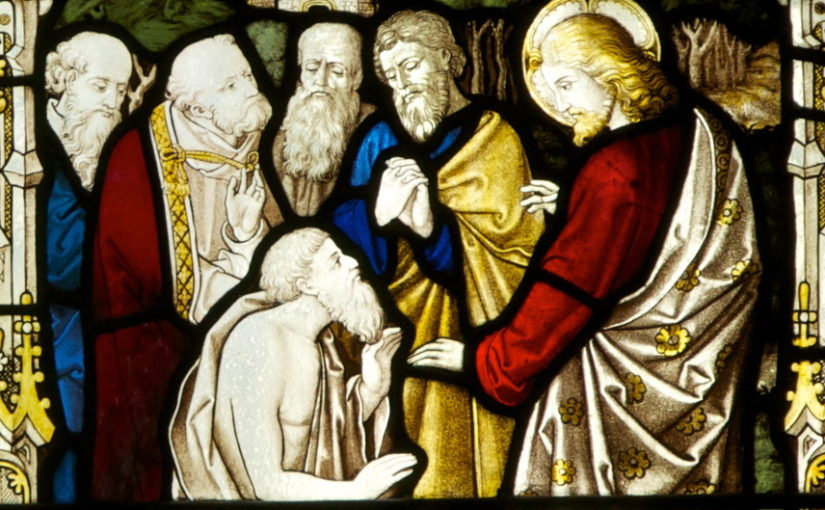
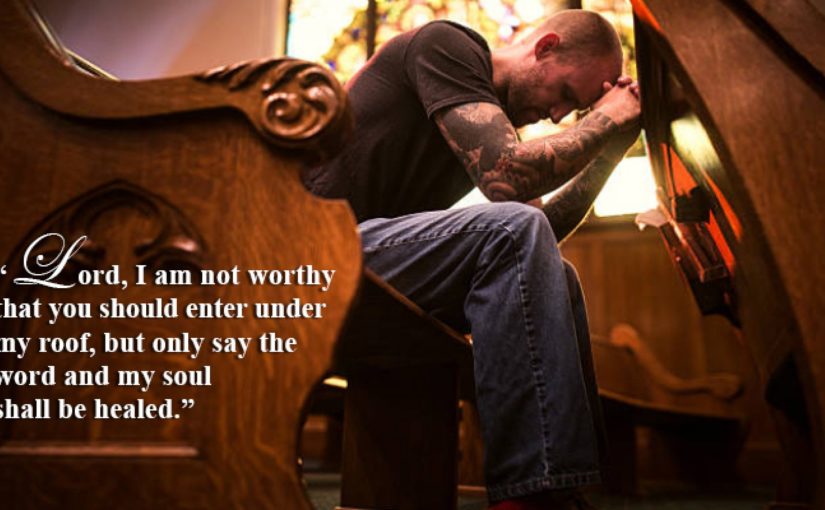
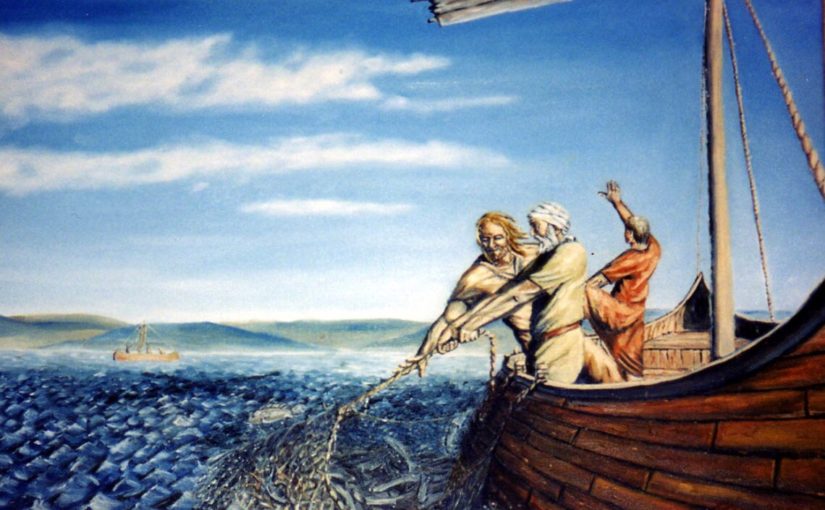
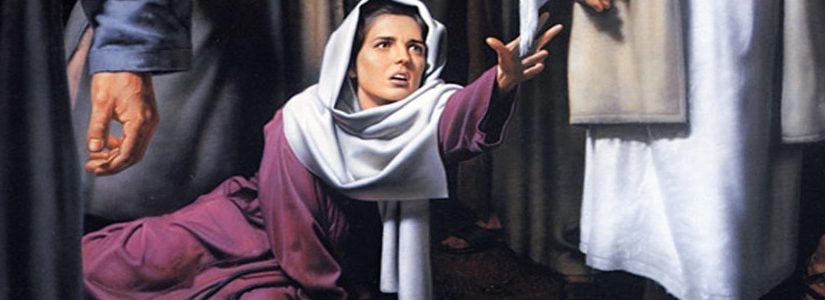


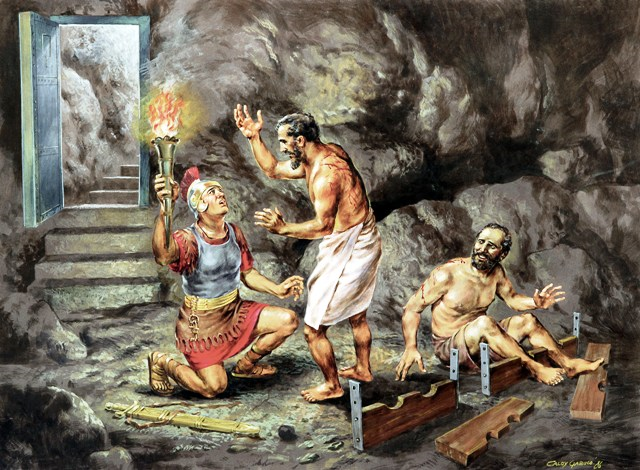
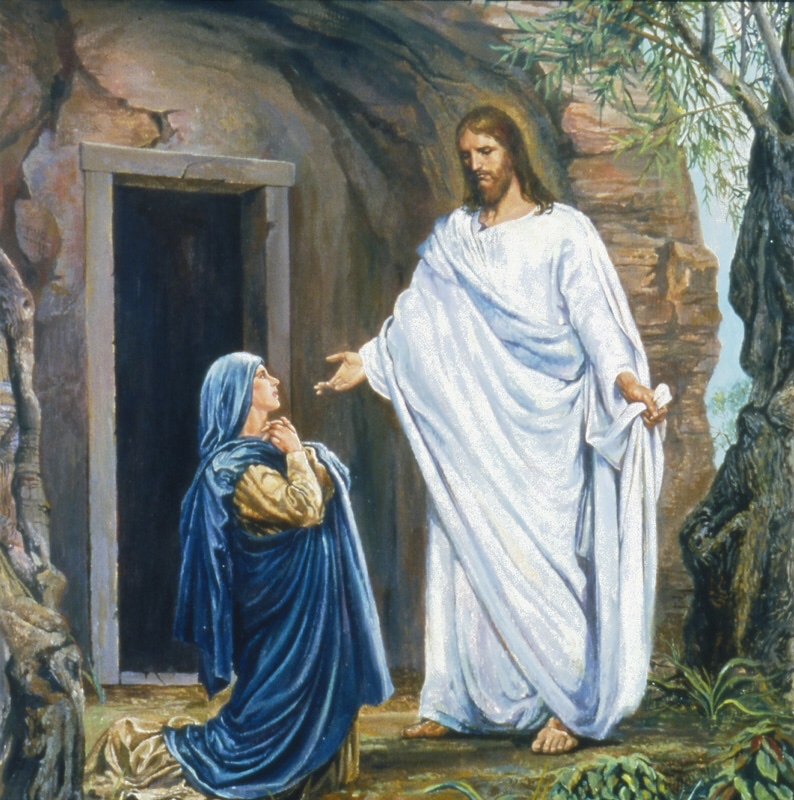

You must be logged in to post a comment.